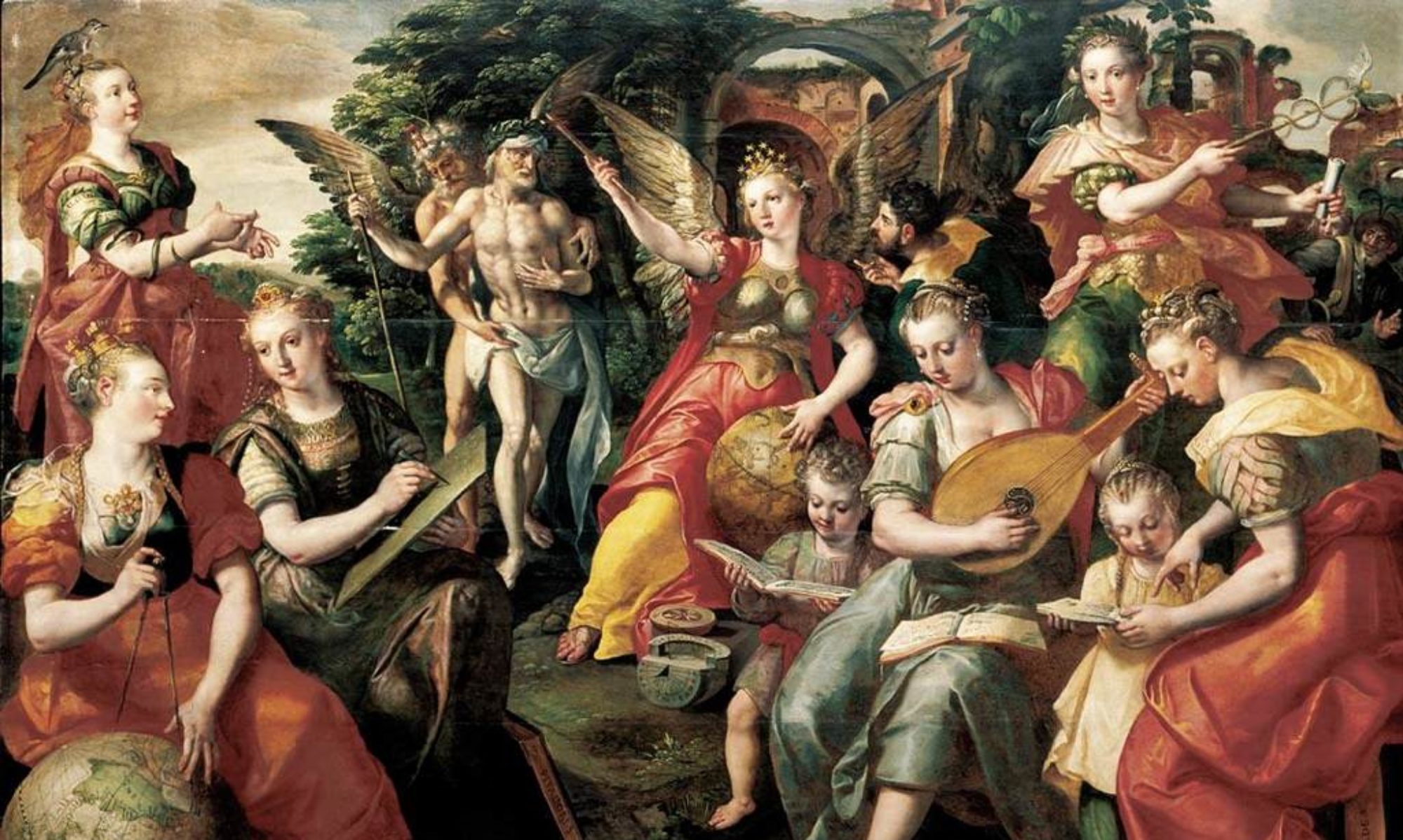Phenomenologies of Intimacy: Gender, Sexuality, and Disciplines
Jennifer Thorup (University of Notre Dame) – The Girl on Stage: Modern Takes on Early Modern Tragedy
Situated at the interdisciplinary crossroads between girls’ studies, theatre studies, and early modern literature, this essay analyzes the effect of casting adolescent girls in modern adaptations of early modern tragedies. Especially in regards to the conflation between innocence and sexuality so intimately wrapped up in the adolescent female body. Focusing on Olivia Hussey’s 1968 performance in Zeffirelli’s Romeo and Juliet and Jade Croot’s 2016 appearance in Aberg’s Dr. Faustus, this paper contends that the girl actress, is a rhetorically powerful tool for modern adaptations of early modern tragedy because, as Deanne Williams has suggested, “[her] status as a girl is thus intimately bound up with her sexuality as well as with her tragic end” (Williams 45).
Julia Karczewski (Cornell University) – Intimacy and Envy: The Perils of Compassion in Catherine des Roches’s “Agnodice”
Catherine des Roches opens her narrative poem “Agnodice” (Les Oeuvres, 1579) with the claim that “There is no other passion that torments life / With more fury than pitiless Envy.” This unusual and perhaps surprising assertion invites us to ponder the role Envy plays in our lives, from our most passionate relationships to our basic interactions with strangers. How are intimacy and envy linked? In this paper, I would like to examine the ways in which Catherine adapts an intimate scene from Plutarch’s Lives, that of a wife’s burial of her husband’s ashes, for her poem. I argue that Catherine’s incorporation of Envy into this scene allows her to comment on the peril women face when they demonstrate compassion in public setting instead of a private one.
Joe Nelson (University of Minnesota) – “Still Jove with Ganymed lyes playinge”: King James, Sexuality, and Public Intimacy in the Stuart Court”
King James I and VI Stuart (r. 1603-1625) ruled England during the waning days of the Elizabethan Golden Age, a time marked by economic decline and diplomatic blunders. His legacy as a weak ruler was cemented both by the public criticism that tied his inability to embody the archetypal qualities of kingship, either as a warrior king or wise state administrator. Such critiques of his rule often depict him as overindulgent and effeminate, characteristics tied to bodily and mental disorder and, as in the case of King Lear, the breakdown of sovereign power. This paper explores James’s public and private relationships with male favorites by examining satirical poems circulating at court called Stuart Libels and the role the king played in the Stuart Court Masque. These musical and literary artifacts reveal a network of intersecting tensions between the Stuart king, the aristocratic class, and the general public. They comment on his inability to consolidate power and failure to step out of the shadow of his predecessor, Queen Elizabeth I. This highlights the fragility inherent to a mode of sovereignty that dominated England and France well into the eighteenth century: the absolute monarch. It also provides a case where mental and physical disorder, sexuality and gender, and statecraft and rulership collide.
